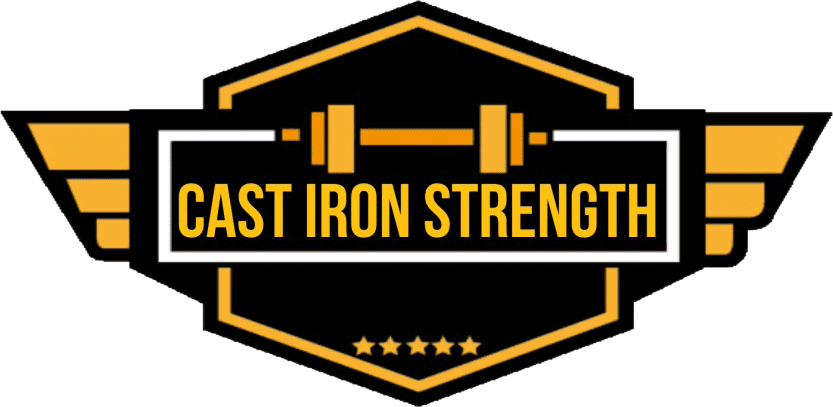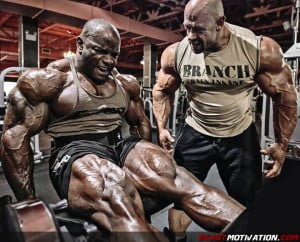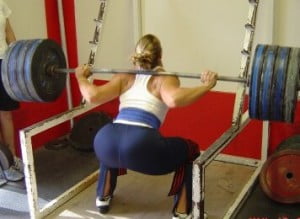The intensity of training can be quantified in many ways objectively (% Rep Max, % Heart Rate, % Velocity max), subjectively (Rate of Perceived exertion scales, session intensity rating) and using some other factors such as stress hormone and muscles damage marker (cortisol, creatine kinase) it can also be defined philosophically as in you’re not training hard till you are vomiting blood.
We have quite an array of ways to quantify intensity or hard work some more scientifically valid than others yet it remains a bit of a dark art when it comes to including it into your programming. The use of 1RM percentages in weight training is a beautiful way of programming it correctly yet some people seem to view intensity as a mind set more than anything else.
When it comes to physical training (getting faster, stronger, fitter or bigger) how can we best use intensity?
Do I have to push myself to the absolutely maximum every time I engage in a training session to reap the benefits or to improve optimally? In a nutshell absolutely not.
When we apply a training intervention we are applying a kind of stress on the body if we put too much stress on the body in one sitting we are upping our need for recovery drastically. If we do not meet this increased need for recovery with increases in rest/sleep or calorie intake then we will induce an overtrained state in which our levels of physical performance will begin to go backwards. It is the balance we strike between stress and recovery that determines the success of a programme of planned period of training.
Applying a frequent less stressful training session and allowing for sufficient recovery between these sessions will allow a non taxing training regime to add up into a surplus and thus performance gain.
Applying an infrequent stressful training session and allowing for large periods of recovery will add up to a surplus and thus lead to performance gain.
Applying a frequent stressful training session and allowing for insufficient recovery will add up to a deficit and will lead to performance loss.
It is how we put these facts into the context of our own training that will see how successful we become. So when and where is it best to use less intense more frequent training sessions to increase our performance and when is it best to use less frequent more intense training sessions to increase our performance?
More Frequent less intense sessions
- If there is an element of skill to the task (squatting, deadlifting, weightlifting, kicking, jumping, sports training)
- If you are in a long period of preparation.
- If you have a lot of other and more important training commitments (sports players, athletes).
- If you only have short training periods through the week.
- If you want to see consistent and sustainable increases in performance.
Less Frequent more intense sessions
- If you want to see a quick gain in performance (peaking, getting a good return)
- If you only have one day a week you can train and want to see yourself improve
- If you don’t have any other training commitments (bodybuilder training)
- If you only have a short period of time to induce a performance gain.
- If you want to sharp unsustainable increases in performance.
Whilst seeing the weight increase dramatically or seeing yourself add reps to sets every week might seem like a sure fire way to produce rapid and increased gains in your strength you are also dramatically increasing the need for recovery from your training sessions. Eventually the increased need for recovery will catch up to you and you will experience losses in performance through injury, strain or just general fatigue. If you decide to go down the route of less fatiguing more frequent practice you will not have the gratification of seeing yourself getting stronger week in week out but eventually the tortoise will pass the hare’s broken corpse at the side of the road.




